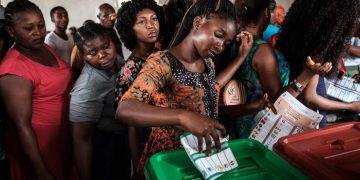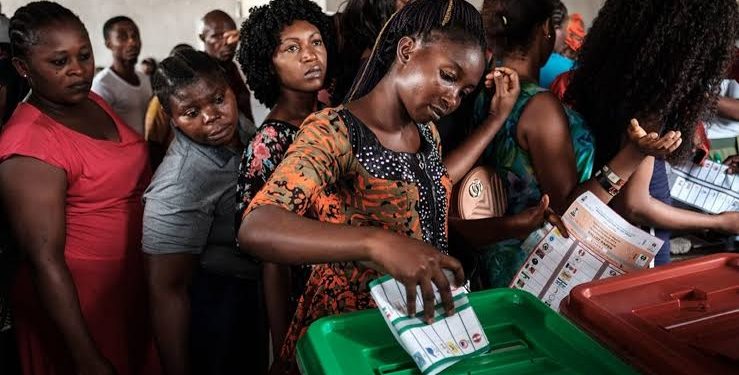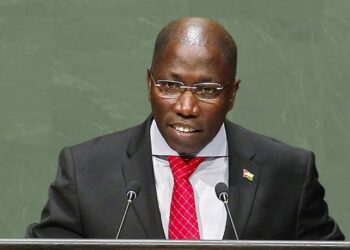A controversial bill proposing jail time for Nigerian voters who abstain from elections has drawn sharp criticism from civil society organization Yiaga Africa, which denounced the measure as an unconstitutional infringement on democratic freedoms.
The legislation, currently before the National Assembly, seeks to impose six-month prison sentences on eligible voters who fail to participate in elections, aiming to address the country’s record-low 27.1% turnout in last year’s general elections – the poorest participation rate among Africa’s major democracies.
Yiaga Africa’s Executive Director Samson Itodo issued a forceful rebuke of the punitive approach, describing it as “draconian” and a violation of fundamental rights protected under both Nigerian law and international human rights standards.
“Abstaining from voting constitutes a legitimate form of political expression,” Itodo asserted, arguing that the bill fundamentally misunderstands the nature of democratic participation by attempting to compel engagement through threats rather than persuasion.
The organization pointed to Nigeria’s dramatic voter participation decline as evidence of deeper systemic failures rather than civic disinterest.
From a high of 69.1% turnout in 2003, participation has steadily eroded to last year’s historic low, a trend Yiaga Africa attributes to widespread distrust in electoral integrity, opaque processes, and persistent logistical barriers that disproportionately affect marginalized communities.
Rather than criminalizing voter apathy, the group urged lawmakers to pursue meaningful electoral reforms that would restore public confidence in the democratic process.
Key recommendations include implementing mandatory electronic transmission of results to enhance transparency, establishing diaspora voting rights for Nigeria’s global population, strengthening the independence of election management bodies, and expanding voter education initiatives.
“Legislators are treating the symptom rather than the disease,” Itodo observed. “Voter apathy reflects broken trust in the system, and no amount of legal coercion can substitute for genuine electoral justice and institutional accountability.”
The proposed bill has sparked heated debate across Nigeria’s political spectrum, with proponents arguing compulsory voting could revitalize democratic participation, while critics warn it may further alienate citizens already disillusioned with the political establishment.



































